This post is also available in:
 French
French
Wu JIALIN
“If a good photo is surprising as well as enjoyable, then Wu Jialin is a good photographer”.
When we first met about ten years ago, it was for me a first surprise: beautiful and silent. He entered my room without saying a word. He spread small photos light as feathers on my bed. Startled and amazed, I made my selection. Then, he gathered the photographs before they floated away and left as courteously as he came.
With no shared language, our exchanges, since that day, though intense, always remained silent. The eye, the pleasure of the eye, replaced the word. So today, this preface should be limited to one sentence:
“Look slowly and at length at the photos in this book, and you will find in them the recipe for love and happiness”. The photographs I like collect happiness. And the collection under our eyes is special; keep it preciously!
In these photographs, you will find neither ugliness nor monsters, nor violence nor sensationnal photos that magazines sell, but rather surprises, humor and even surrealism. Wu Jialin discloses those unexpected moments of reality, of life. He doesn’t stage a thing. He does not rearrange the images. He never cheats.
Like any true artist, Wu does not pretend to be one. He never speaks of art nor creation. He has however his own style. That is the sign of an artist. He works relentlessly to photograph more and always better. He is a passionate, lonesome, fiercely independent man.
He once said how ashamed he was when twenty years earlier he asked some sad and unhappy people to smile before taking a photo or when he placed a book in the hands of illiterates. He does not like propaganda photographs.
Wu loves his country, his country town and he loves the mountain people of Yunnan above all. He knows how poor they are. He shows their dignity. Wherever he is, he finds that respecting the ones he photographs is as important as getting a good photo. Likewise the people of the mountains sense it. In exchange, they like Wu; you can feel it just by looking at the photos.
Wu loves people, the children as well as their grandmothers. He blends in with them as if he were a member of the same extended family. He especially loves animals, almost always present in his photographs as if without them our world would not be complete and would be deprived of parts of its beauty; among them he prefers the most humble ones, the small horse, exhausted by its burden, bastard dogs, the pigs despised in the West but here witty and vivacious with their snub noses and naughty glance in his lens.
Look at the three pigs taking a nap in a decayed broken-down farmyard. All the innocence of the world is there in those two groins leaning on each other and the deep asleep, trusting, ignorant, happy but poignant third one.
Wu catches the animals in their silence, mouth closed, quiet, even motionless. His animals are glad to live, they occupy with ease a space that they own, that they often share.
Wu’s photos are a resting place in which the useless noises, the agitation and the gadgets of the world suddenly disappear, a world where a man walks next to his horse to protect him from the rain, whose most miserable barn becomes a harbor of harmony thanks to a peaceful ox which is breathing quietly, so quietly in the door frame.
Wu has the courage to go against the current, the courage to displease in refusing easy temptations and momentary fashions. But he knows the world. He has visited the museums and galleries in Paris, in New York, in Houston and in San Francisco; his photographs have been exhibited there.
Wu’s photographical culture is very broad. He knows where to find enriching and solid inspiration. He returns however to his sources, to his home port, close to his roots and to his family which is sacred to him. Wu understands the impact of the environment on humanity. Famous Chinese painters, such as Shi Tao, have said : “By painting nature one understands better the human being who has been living there for centuries.” Wu has also understood why the highlanders are courageous and willful.
In order to insure good crops, the mountain peasants only rest when they sleep. And Wu is like them, so his photographic harvest will be good.
When you watch Wu walk, look and photograph, you understand that the image before him release an emotion, a pulsation, and it is in some way the image that “takes” him and not he who takes the photo.
The photos he takes are rich, full of details, arranged architectonically, and yet natural and very subtle. You often notice in them squares as in the work of his compatriot, the architect I. M. Pei, for instance.
Furthermore, in front of a long lost friend or a photo he likes, his sensitivity suddenly bursts out. Then he lets his emotions flow through an intense glance, a vibration of his hands and of his whole body.
When the peasants of Yunnan walk to the market or go hunting or go to their fields, they follow year after year, century after century the same path. Thus, they trace on the ground a trail which becomes a path, a lane and sometimes a road. Instinctively, their feet have drawn a better road than any road designed by modern engineers. Just like these peasants, Wu will also leave his own path without being aware of it that will widen with the passing of time. The path of a humanist on the cutting edge.
Marc Riboud
From 17/11/2006 to 03/02/2007
Galerie FAIT & CAUSE
58 rue Quincampoix
75004 Paris
France
Opening hours : Du mardi au samedi, de 13.30 à 18.30 heures
Phone : 01 42 74 26 36
contact@sophot.com
www.sophot.com



